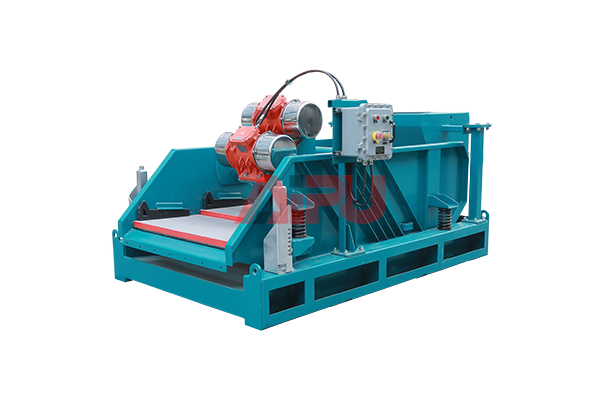Understanding the Safety Regulations of Solids Control Systems
Solids control systems play a critical role in drilling operations, ensuring efficient separation and management of drilling fluids. However, their operation involves potential hazards that require strict adherence to safety regulations. Proper implementation of these guidelines not only protects personnel but also enhances equipment longevity and operational efficiency.

The foundation of solids control system safety begins with proper equipment installation. All components must be securely mounted and leveled to prevent vibrations or movement during operation. Electrical connections require special attention, with proper grounding and waterproofing essential in the often harsh drilling environments. Regular inspection of high-pressure hoses and connections helps prevent dangerous leaks or ruptures.
Personal protective equipment (PPE) represents another crucial aspect of safety protocols. Operators must wear appropriate gear including safety glasses, gloves, and hearing protection when working near operational equipment. The high noise levels generated by shale shakers and centrifuges can cause permanent hearing damage without proper protection. Similarly, the handling of drilling fluids and cuttings requires chemical-resistant gloves and protective clothing.
Lockout/tagout procedures form a critical safety measure during maintenance operations. Before performing any service on solids control equipment, operators must completely de-energize and isolate all power sources. This prevents accidental startup that could lead to serious injuries. Proper training in these procedures ensures all personnel understand the importance of following established protocols.
Emergency stop systems must be regularly tested and maintained in working condition. These systems provide immediate shutdown capability in case of equipment malfunction or personnel danger. Clear signage indicating emergency stop locations and proper operating procedures should be visible throughout the work area. Regular safety drills help reinforce proper response procedures in case of emergencies.
Chemical handling presents specific safety challenges in solids control operations. Proper storage, labeling, and handling procedures for drilling fluid additives must be strictly followed. Material safety data sheets (MSDS) should be readily available for all chemicals used in the process. Spill containment measures and proper ventilation systems help mitigate potential hazards from chemical exposure.
If your project requires solids control equipment, choose Aipu Solids Control, we believe it will be your best choice.
